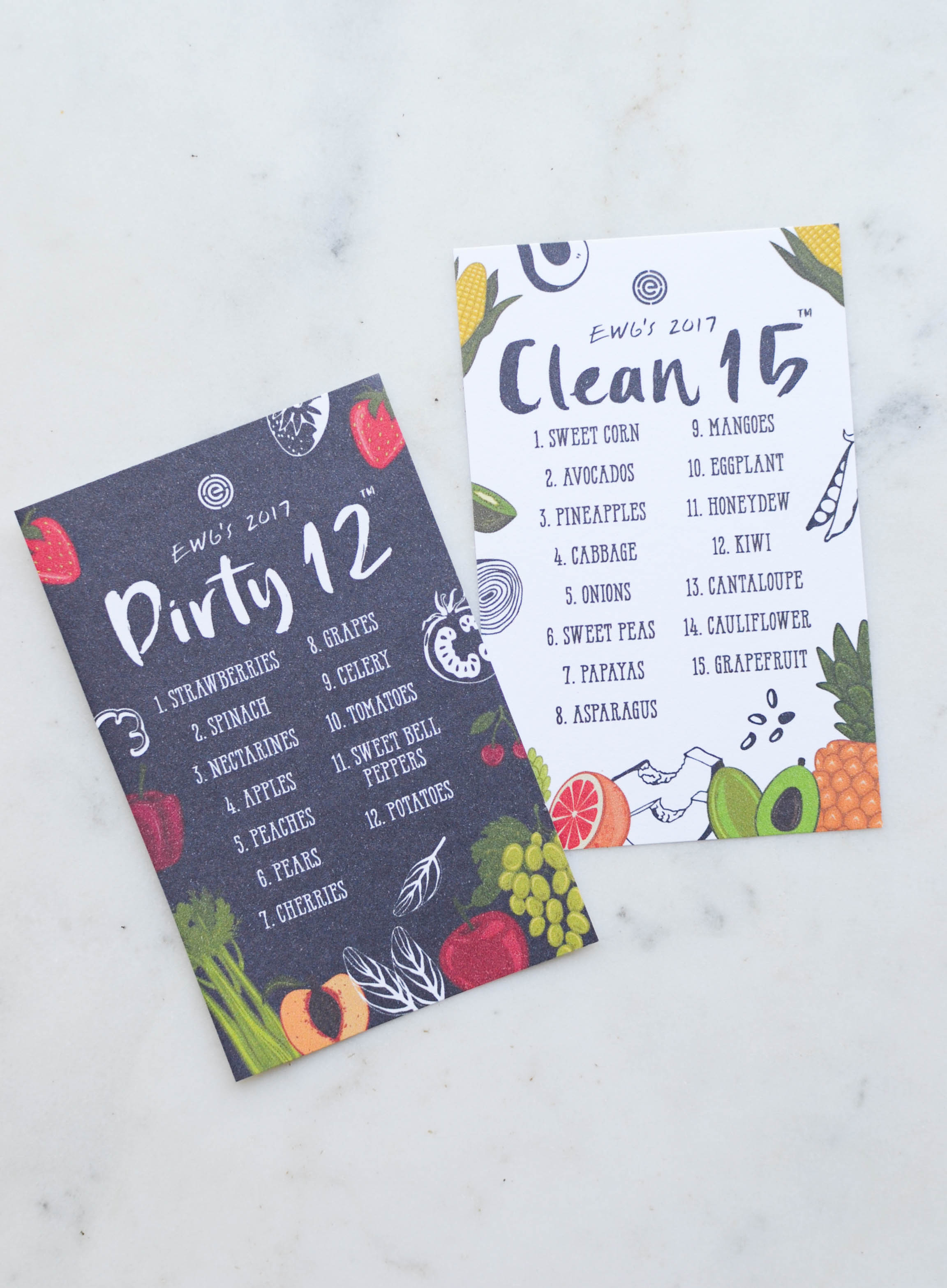
Why buy organic? What’s the point? Is it just a fad? Why pay extra? These might be some questions that have gone through your head when you hear the word “organic”. In a perfect world, we wouldn’t even need the word “organic” because everything just would be. Farms would work with nature instead of against it, creating symbiotic relationships between different types of animals and crops and the land. Unfortunately, the majority of farming in the United States is a monoculture, only producing a single crop or type of livestock and by doing so destroying the land and environment. So let’s dive into what this means in terms of our food and health.
We know from scientific studies that many of the pesticides and herbicides sprayed on conventional crops disrupt nervous and endocrine systems, increase risk of cancer, contribute to infertility in both males and females and are especially dangerous for children (including the unborn) who’s immune systems are not fully developed and are therefore the most vulnerable to damage. The Environmental Working Group comes out with a guide each year based on studies done by the USDA that indicates which produce contains the most and the least pesticide residue. I find this list to be very helpful especially if buying 100% organic is not an option due to monetary restrictions. The full list includes 48 popular produce items and is also broken down into the “dirty dozen” and “clean fifteen”.
By choosing certified organic produce that are part of the “dirty dozen”, we can avoid consuming a large amount of pesticides. “A 2006 study took 23 elementary school children off a diet of largely conventional foods and put them on an all-organic diet for five days. The researchers tested the children’s urine twice a day for 15 days and found that the levels of malathion and another pesticide, chlorpyrifos, plummeted to “non-detect levels immediately after the introduction of organic diets.” Both pesticides “remained nondetectable until the conventional diets were reintroduced,” wrote the scientists, led by Dr. Chensheng (Alex) Lu, now with the Harvard School of Public Health.”
One way of keeping grocery expenses low is buying in bulk. My local grocery store sells “family packs” of items like organic spinach and organic frozen berries which are much more affordable than smaller packages. I freeze the spinach as soon as I bring it home and use it for smoothies or throw it over some bean pasta. Based on EWG’s shopping guide, you can also feel good about buying items like pineapple, cauliflower, avocado, asparagus and mango that are conventional (not organic) and usually a lot cheaper. Of course eating any kind of produce is better than not eating produce at all, but if we have the option to minimize toxic pesticides from entering our bodies and our children’s bodies, that is ideal!
You can print the shopping guide by going to the Environmental Working Group’s website or you can download their free app to get it on your phone! Just search “dirty dozen” in the App Store and you’ll find it!
